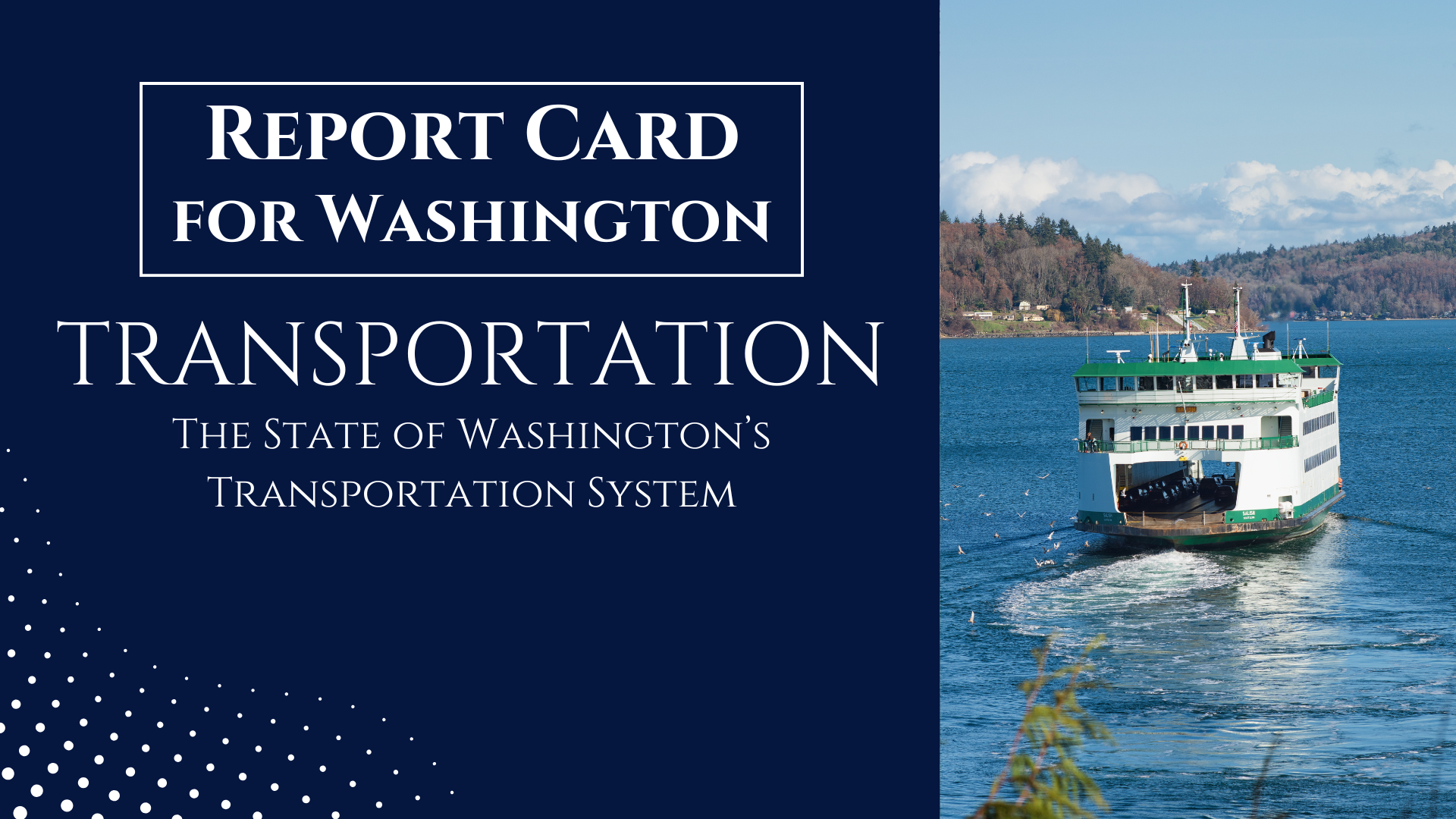The Washington State Auditor’s Office (SAO) released a performance audit of Sound Transit, finding that the agency should spend more time upfront in carefully designing and planning projects to reduce high costs of errors and changes. The audit also found that Sound Transit should formalize a “lessons learned process” to prevent making the same mistakes in the future.
The stated objective of the audit was to answer the question: How can Sound Transit improve its oversight and management of its projects?
To answer that question, the SAO focused on five projects and 12 associated contracts, funded by Sound Move and Sound Transit 2.
The SAO evaluated 324 change orders worth $172 million, issued between 2010 and 2019, “and found Sound Transit issued more than 160 change orders, worth $100 million, to address mistakes or missing information in its designs and contracts.” Of that $172 million, Sound Transit spent $23 million or 13% just “to correct mistakes in design and contract documents.” Reasons for change orders included design deficiencies, not meeting building codes, and contractors having to deal with conditions that were not anticipated or described in contract documents.
The audit states that if Sound Transit spends more money in the beginning on planning work, they can include any problems they find in the initial contracts which are subject to competitive bidding. This way, they can reduce the likelihood of having to pay for change orders in the future with high costs set by the contractor with no bidding (p.12).
Ten of the change orders the SAO reviewed had the same electrical problems with four different light rail expansion contracts. Thus, the SAO advises that Sound Transit also put into place a lessons learned program to prevent the same problems from reoccurring across separate projects.
Washington Policy Center provided specific recommendations in 2019 for areas that could and should be audited. This included contracts that have gone over budget due to change orders. We provided other recommendations that align with the objective of the SAO’s audit, which is to help Sound Transit improve oversight and management of projects.
The SAO states at the end of the report that they chose not to review the governance structure of Sound Transit’s Board of Directors, nor did they review “contracting approaches, whether the best contracting approaches were used for the projects we examined, or whether competitive bidding processes were followed.”
We are hopeful that the SAO will audit these and other areas of concern in the future.
In the agency’s response to the audit, Sound Transit CEO Peter Rogoff suggested a larger “scope of work and format” to allow “for a more in-depth exploration of some of the individual change orders.” He also noted the agency concurs with some of the recommendations and Sound Transit has “already begun taking responsive actions.”






